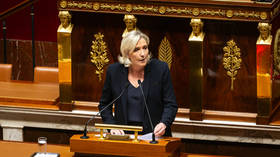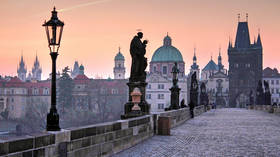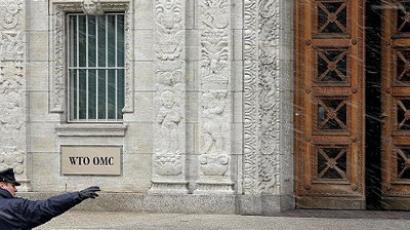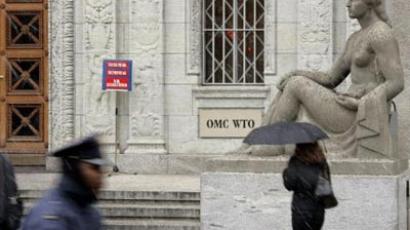Lower tariffs mean more wine less vodka for Russians
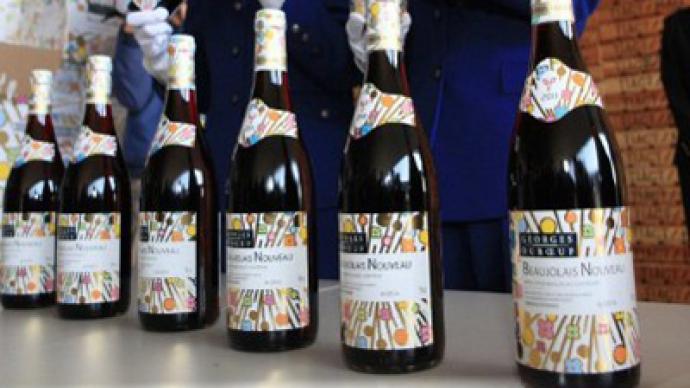
Thanks to the WTO Russians may soon be able to enjoy a glass of Beaujolais or a pint of Guinness straight from Dublin for less than ever before.
Currently, the cheapest bottles of European and New World wines start at around seven dollars – more expensive than a litre of Russian-produced vodka.But with the country scheduled to enter the World Trade Organisation next year, import tariffs will have to come down. For wine they will fall from 20 percent to 12.5 within four years, and for beer from 60 eurocents to 1.8 eurocents per litre by 2018.The impact of the beer import duty on consumer behaviour is likely to be negligible – less than 1 percent of all Russian beer is imported. But for wine, it is a different story – 60 percent of all the bottles sold in the country are either imported directly, or bottled from foreign ingredients inside Russia. Anatoliy Korneev, the vice-president of Simple, a major importer, predicts that the prices for the cheapest imported wines could fall by as much as a half.The changes tie in with the government’s long-term strategy of getting Russians off binge-drinking their favourite tipple – vodka – and towards social consumption of less alcoholic beverages. Indeed, the consumption of beer has more than tripled since the fall of the Soviet Union, but the country is still firmly lodged among the five biggest per capita consumers in the world.President Dmitriy Medvedev has campaigned vigorously against alcohol consumption. He has issued minimum guidelines for vodka prices, and much like the rest of the world, it will soon be impossible to buy alcohol in Russia at night-time, at least legally (a serious caveat in a country where moonshine is still popular). Whether it is a result of government policies or a change in social attitudes, alcohol consumption in Russia has gradually been falling since 2005.But not everyone is convinced the lower tariffs will make a difference. Many point out that the effect of import tariffs is negligible when compared with excise duty – the internal tax on alcohol that is not regulated by the WTO. These duties remain low by Western standards, particularly on hard alcohol, and it is here where the government can make a real difference to the pattern of alcohol consumption. For example the excise duty on vodka is set to rise by 30 percent in 2012 alone.“With these changes in tariffs and excise, wine will become more popular and harder spirits will decline. But, it’s not like everyone will start drinking fancy foreign wines – in the medium term vodka, or worse moonshine, will still be king in Russia,” said Roman Ivashko, a retail analyst for Rennaisance Capital.



